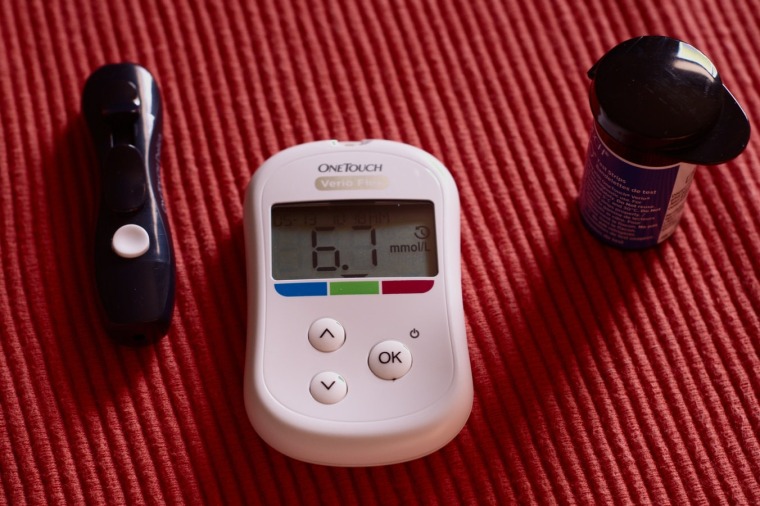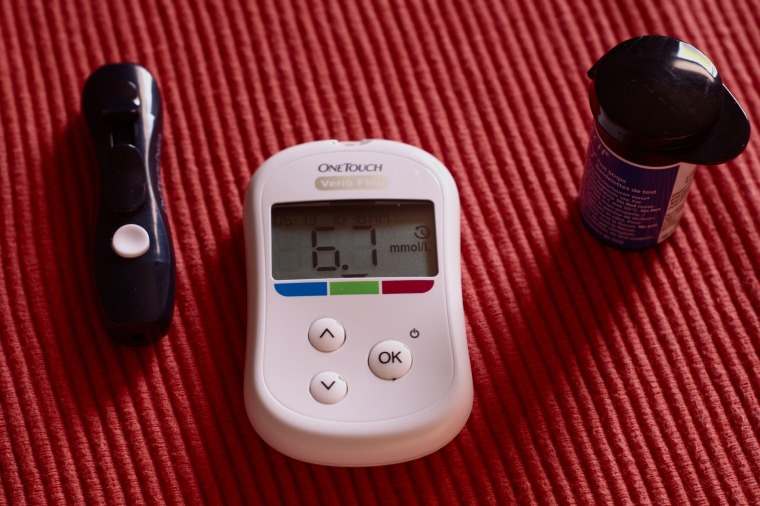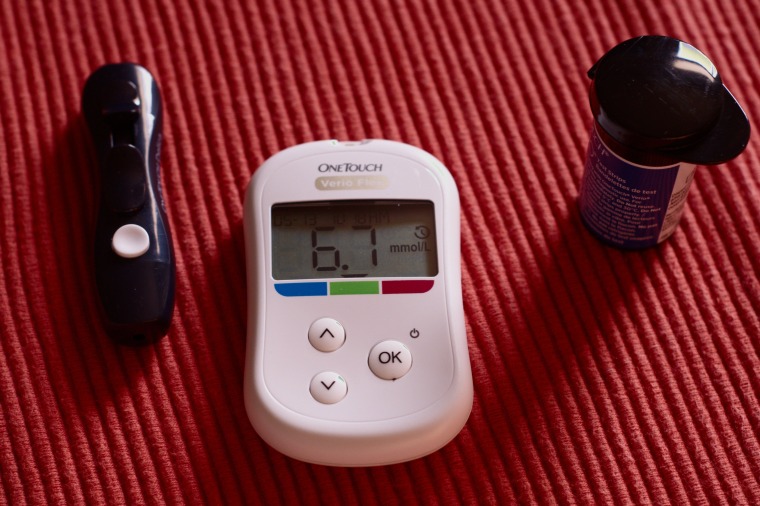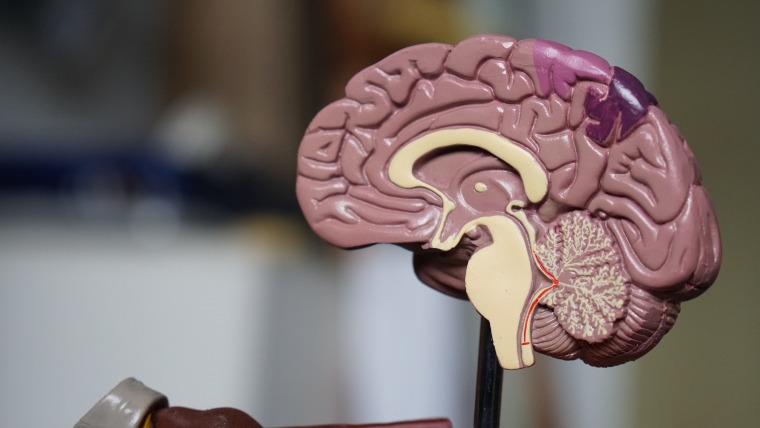Study Uncovers New Link Between Long-term Arsenic Exposure And Type 2 Diabetes




Dr. Betsy Dokken, assistant professor of medicine, studies the effects of diabetes on heart function and recovery from injury. As both a scientist and certified diabetic educator, she recommends that people with diabetes keep track of the ABC’s of diabetes: A1c hemoglobin, blood pressure and cholesterol.

Researchers working with the UArizona Superfund Research Center, including BIO5 members Drs. A. Jay Gandolfi, Raina Maier, and Donna Zhang, will explore the link between chronic exposure to arsenic and the development of diabetes, thanks to a $10.6 million grant from the National Institute of Environmental Health Sciences.
The BIO5 Institute solicited COVID-19 research proposals for seed grants supplied by the Technology and Research Initiative Fund (TRIF). In a rapid response to the pandemic, interdisciplinary teams of two or more principle investigators were encouraged submit applications for basic science, technology, clinical or population research.
To be considered a competitive applicant, teams needed to demonstrate that the personnel and infrastructure needed to immediately begin the proposed studies were in place at the time of submission.
Each team was asked to write a two-page proposal detailing the significance of the project, in addition to deliverables such as manuscripts and preliminary data for specific external grant mechanisms.
Teams could request up to $60K for research supplies, small equipment, staff and student compensation and core facility use. A detailed budget and justification were required to supplement the main proposal.
Principle investigator biosketches were also required. Co-lead applicants needed to be BIO5 members or willing to apply for membership.
Applications were reviewed based on three main criteria.
• Proposals were judged on their potential to make immediate local, national and global COVID-19 impacts.
• Because grants were solicited from teams of two or more leads, collaboration and teamwork were assessed and highly valued.
• The use of UArizona core facilities by the researchers was also compared between applicants.
Overall, 13 of the 55 seed grant applications were selected for six-months of funding. Over $500,000 of TRIF resources have been dedicated to address COVID-19 through these projects.
About the University of Arizona BIO5 Institute
The BIO5 Institute at the University of Arizona connects and mobilizes top researchers in agriculture, engineering, biomedicine, pharmacy, basic science, and computational science to find creative solutions to humanity’s most pressing health and environmental challenges. Since 2001, this interdisciplinary approach has been an international model of how to conduct collaborative research, and has resulted in disease prevention strategies, promising new therapies, innovative diagnostics and devices, and improved food crops.
For more information: BIO5.org (Follow us: Facebook | Twitter | YouTube | Instagram | LinkedIn).

Lead by The BIO5 Institute's Dr. Klearchos Papap, a group of University of Arizona researchers have borrowed an idea from a teabag -- to develop a better way to keep diabetics, especially children with Type 1 diabetes, healthy.

A new implantable "teabag" could help children with Type 1 Diabetes. BIO5 member Dr. Klearchos Papas, Professor in the Departments of Surgery and Medical Imaging at the UA College of Medicine – Tucson, and his team have engineered an innovative new biomedical device that could deliver all the benefits of a transplant to resolve diabetes without drawbacks of anti-rejection drugs.

A team of researchers, including Dr. Philipp Gutruf, BIO5 member and Assistant Professor in the UA Biomedical Engineering Department, have developed an implantable device that can measure oxygen levels in a living animal, which has potential to pave a new avenue for research into physiological and pathological processes.

We have yet to find a cure for most human neurodegenerative disorders. However, because all of these diseases share a common underlying mechanism, BIO5 researcher Dr. Tricia Serio believes that we will soon be able to halt and reverse their progression — by way of baker’s yeast.

Telemedicine, phone based consults and video conferences, is more and more widely used in the medical community. BIO5's Dr. David Armstrong weighs in, “As we move from volume-based care to value-based care, telemedicine is going to become more valuable.